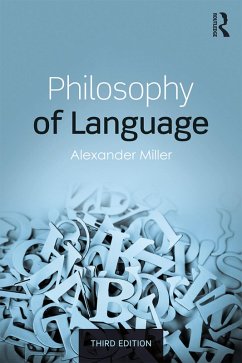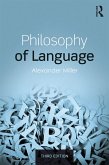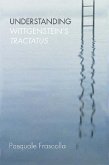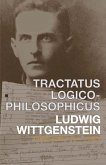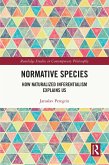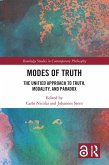The third edition has been fully revised for enhanced clarity and includes:
· a short introduction for students, outlining the importance of the philosophy of language and the aims of the book;
· two substantial new sections on Philip Pettit's "ethocentric" account of rule-following and on Hannah Ginsborg's "partial reductionism" about rule-following and meaning;
· the addition of chapter summaries and study questions throughout, designed to promote greater understanding and engagement;
· updated guides to further reading at the end of every chapter.
This well-established and sophisticated introduction to the philosophy of language is an unrivalled guide to one of the liveliest and most challenging areas of philosophy and is suitable for use on undergraduate degrees and in postgraduate study.
Dieser Download kann aus rechtlichen Gründen nur mit Rechnungsadresse in A, B, BG, CY, CZ, D, DK, EW, E, FIN, F, GR, HR, H, IRL, I, LT, L, LR, M, NL, PL, P, R, S, SLO, SK ausgeliefert werden.

